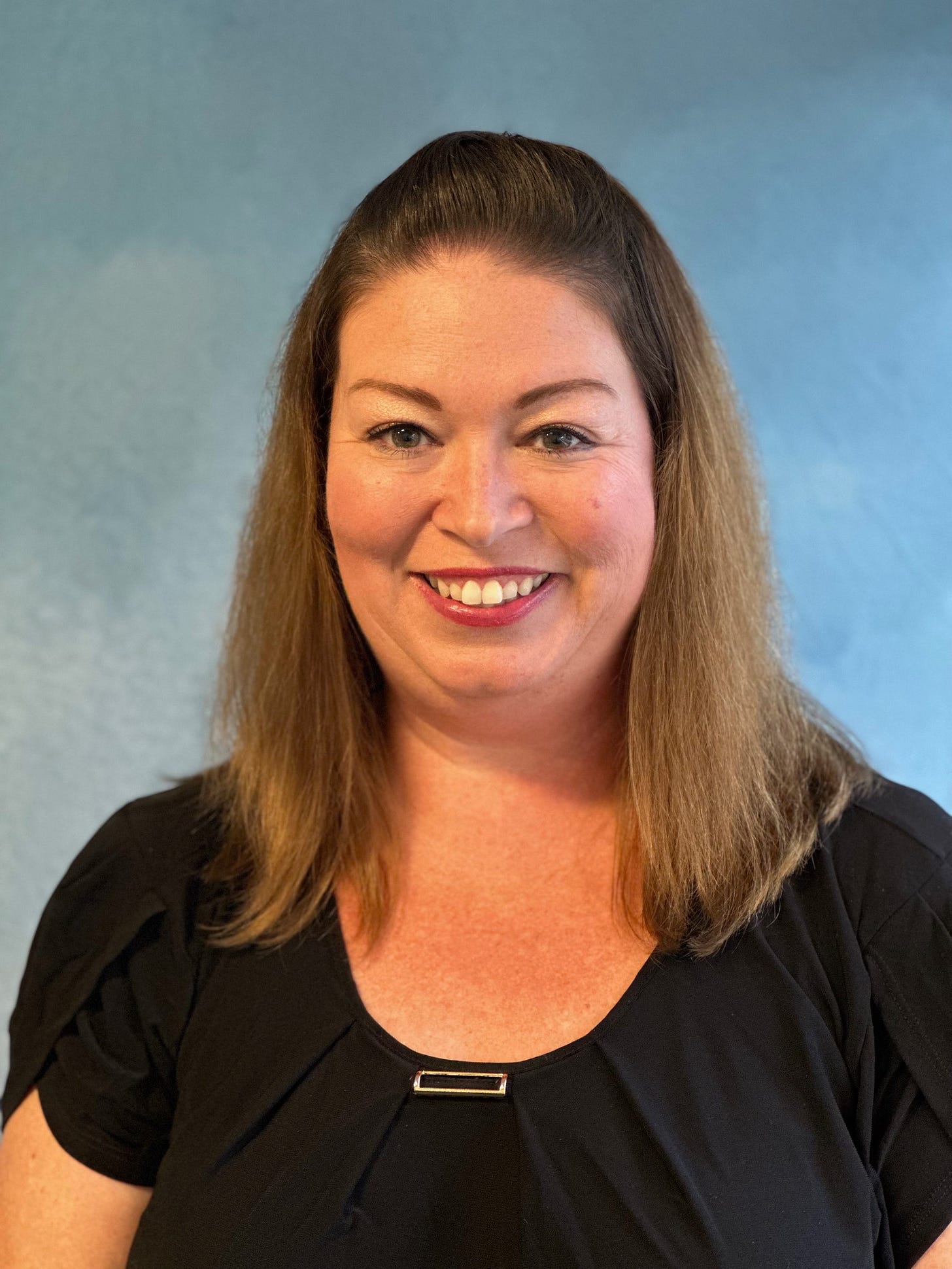Tips for Successful Workplace Communication
Asana Recovery Weekly Team Update August 29, 2023
Training Tools
Tips for Successful Workplace Communication
Effective communication lies at the heart of any successful workplace. It enhances productivity, collaboration, and fosters a positive work environment. Whether you're a seasoned professional or just starting your career, honing your communication skills is crucial for career advancement and overall job satisfaction.
Active Listening
Listening is the foundation of effective communication. Actively listening to your colleagues and managers demonstrates respect and understanding. Forbes emphasizes the importance of giving your full attention, maintaining eye contact, and asking clarifying questions when needed. By doing so, you can avoid misunderstandings and ensure that you grasp the complete message being conveyed.
Be Clear and Concise
To convey your thoughts effectively, it is vital to communicate with clarity and conciseness. The article, 15 Tips for Communicating With Your Manager, emphasizes the significance of using simple language, avoiding jargon, and organizing your ideas logically. Be mindful of your tone, as it greatly influences how your message is perceived. Being both clear and concise helps to eliminate confusion and ensures your message is understood as intended.
Adapt to Different Communication Styles
Arguably the most challenging of communication skills, recognizing and adapting to different communication styles within your workplace is crucial for effective collaboration. Forbes advises being aware of both verbal and non-verbal cues, as they convey valuable information. Some individuals may prefer direct, straightforward communication, while others may appreciate a more indirect approach. Flexibility in your communication style can help build strong, productive relationships with colleagues and managers.
Utilize Technology Tools
In today's digital age, know when to avail yourself of helpful technology to improve your communication at work. The Forbes article suggests leveraging tools such as project management software, instant messaging platforms, and video conferencing applications. These tools facilitate seamless communication, particularly when working remotely or with geographically dispersed teams. Embracing technology can help bridge communication gaps and increase overall efficiency.
Constructive Feedback
Providing and receiving feedback is an essential aspect of workplace communication. According to Fellow.app, offering constructive feedback helps promote growth and improvement among team members. When giving feedback, focus on specific behaviors or situations, and provide actionable suggestions for improvement. Alternately, when receiving feedback, maintain an open mind and use it as an opportunity for self-improvement.
Emotional Intelligence
Emotional intelligence plays a vital role in effective workplace communication. Being aware of your emotions and expressing them appropriately can foster trust and strengthen working relationships. Additionally, recognizing and acknowledging the emotions of your colleagues can help create a supportive and collaborative work environment.
Effective workplace communication is a skill that can be developed and refined with practice, like all skills. By actively listening, communicating clearly and concisely, adapting to different communication styles, utilizing technology tools, providing constructive feedback, and practicing emotional intelligence, you can enhance your communication skills and make a positive impact in your workplace. Remember, effective communication is the key to unlocking success and fostering a thriving work environment. Read more about improving workplace communication.
New Employee Spotlight
Crystal Melms, CADC II
Asana Recovery case manager, Crystal Melms, has a funny story about how she came to work in the field of addiction recovery. As a stay-at-home mother facing an imminent divorce, she knew that she needed to find a career. “I was looking at the back of a Penny Saver and saw an ad for a vocational school that featured classes to be an AOD (Alcohol and Other Drug) counselor,” Crystal says. “I called and asked what I thought was a very important question: ‘Do you have to be a recovering alcoholic or addict?’ because I am not. The person told me: ‘No. You have to be empathetic and good with people.’ Thirteen years later, I love what I do. I am so very excited to join the Asana Recovery team and look forward to meeting everyone!”
Crystal has four kids (ages 11 through 25), two cats, one dog, a snake, and her youngest daughter also likes to keep garden snails as pets.” She says her husband, who she has known since she was 15, is her best friend. She has an associate degree and is working towards her Bachelor’s degree with the goal of becoming a therapist.
For fun, Crystal enjoys art, decorating, listening to music, dancing, watching the same movies over and over again (and quoting them!). She loves having her whole family together, being at the beach and shopping at Ross. She also loves singing karaoke. “Not sure if I'm good at it, but that doesn't stop me!” Crystal says.
Syndi Trezise
As a mother of seven kids, Syndi Trezise has loads of personal experience facilitating group activities. The Asana Recovery group facilitator also has BS in psychology from Southern Illinois University at Edwardsville and a Master’s degree (in Criminal Justice Administration) from Lindenwood University. In addition, she has one more semester to complete to earn her MBA from Lindenwood University.
Syndi loves traveling and cooking. She also enjoys swimming, soccer, surfing, scuba diving, concerts and doing anything outdoors.
Brittney Weber
Health Technician, Brittney Weber, first became interested in addiction recovery while trying to understand her former partner’s struggles with dual diagnosis (substance use disorders and mental health disorders). She had graduated from Arizona State University with a BA in psychology yet she had been working in administrative roles for ten years.
“What originally drove me to dive into this field was trying to understand her better,” Brittney says. “Since then, though, I have discovered that I am passionate about this work and love helping clients discover their full potential outside of addiction.”
Brittney’s interests include reading, writing, hiking, true crime, psychology (especially the subsets of mental health and addiction), sociology and history. She writes poetry and is working on compiling her first book.
Three things that make Brittney happy are:
1. Reading and/or visiting the library on a rainy day
2. Helping others make positive strides
3. My landlord's dog, Zoey. She has my heart!
Jacob Pohrebny
Originally from the south side of Chicago, health technician Jacob Pohrebny, studied in the Emergency Medical Services program at South Suburban College in Holland, IL. He is an only child who loves family, friends and dogs.
Jacob’s hobbies include lifting weights, mountain biking, boxing and watching movies. An interesting bit of personal trivia about him is that, “I can still shred on a BMX bike,” Jacob says.
Jeffrey Petrick
Jeffrey Petrick, a Health Technician at Asana Recovery, loves board sports and traveling. He came to work in addiction recovery because “personally understanding the struggle of an addict’s life led me to want to help others,” he says.
Three things that make Jeffrey happy are his “beautiful wife and children” and David Bowie.
Trivia
Question: Studies show that staying hydrated can boost productivity. What percentage of our brain is composed of water?
Contact HR with your response for the chance to win a gift card!
Answer to last week’s trivia: Asana is a Sanskrit word meaning “posture,” “seat,” or “place.” In hatha yoga, asanas are the physical positions of a yoga practice. Each pose - or asana - has its own Sanskrit and English name. For example, garudasana means “eagle pose.”
Last week’s winner: Brittany C.











